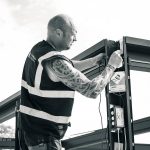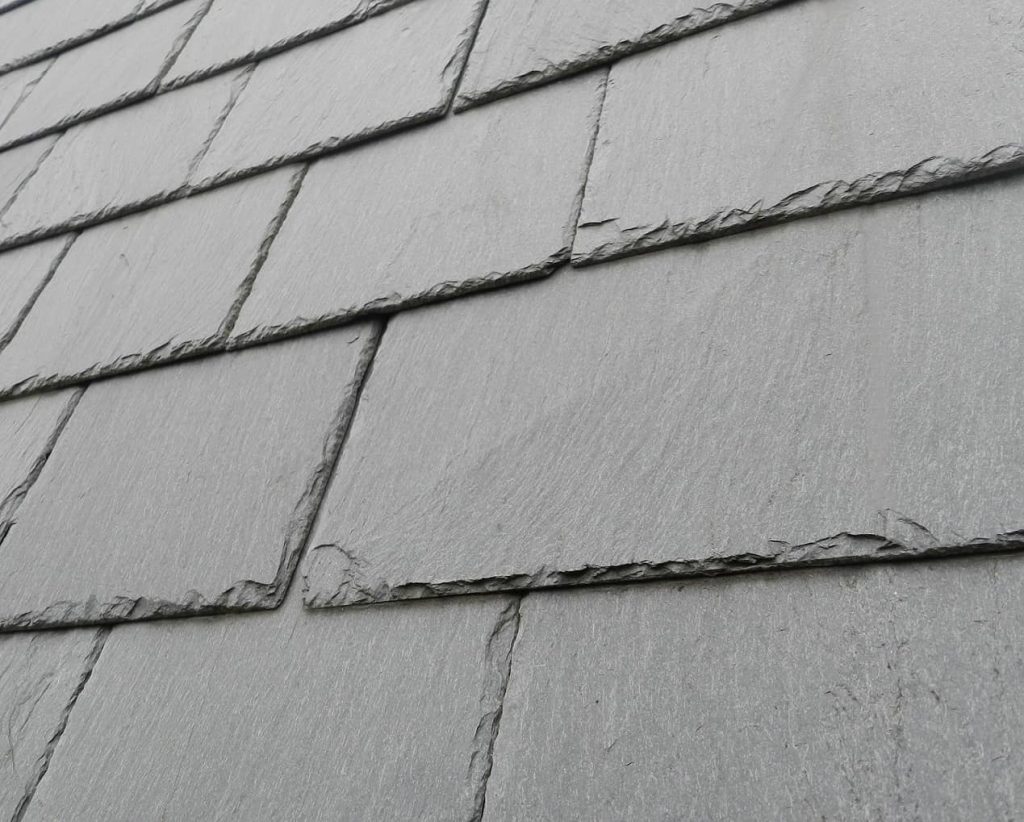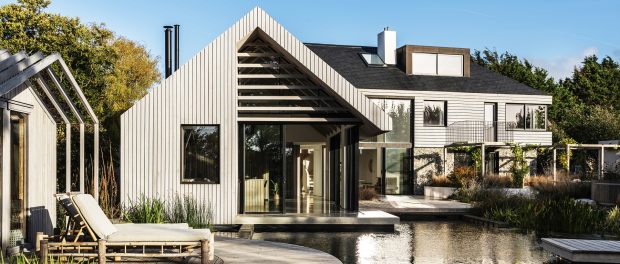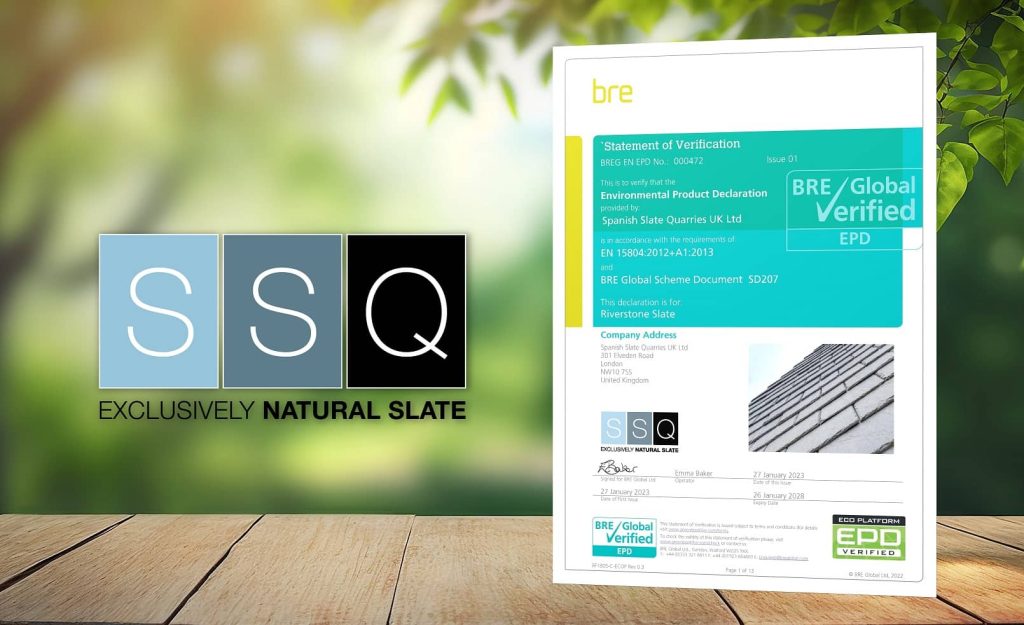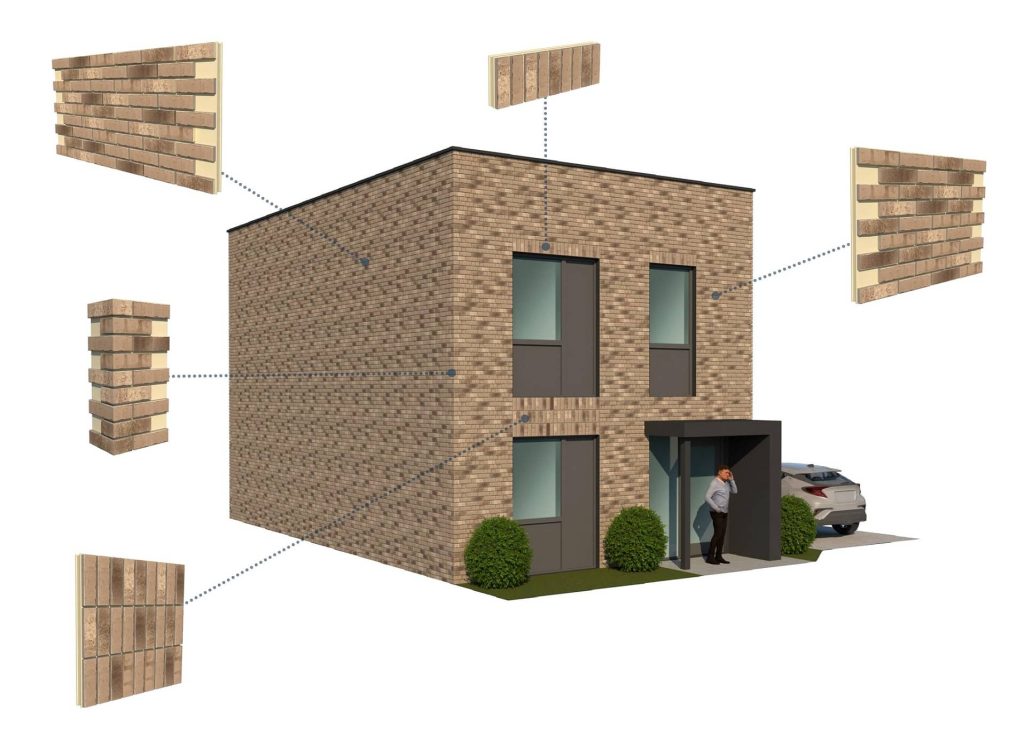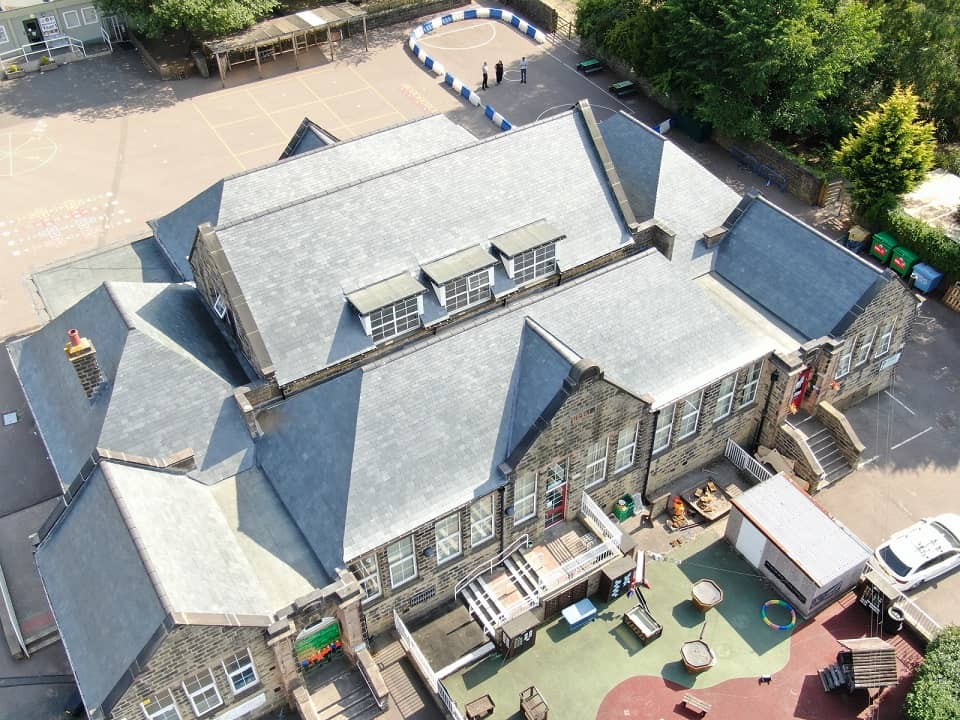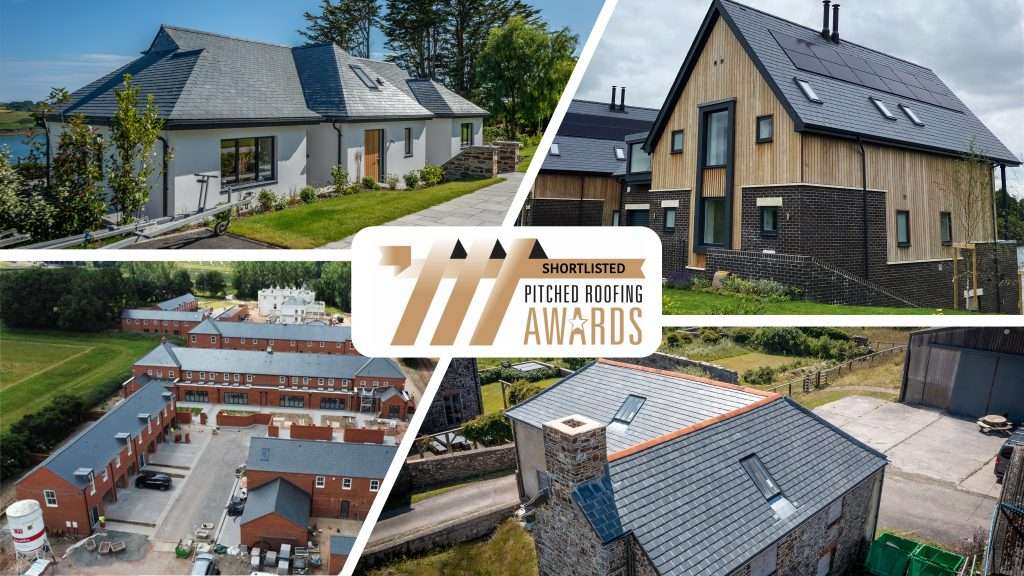Healing daylight at Benenden
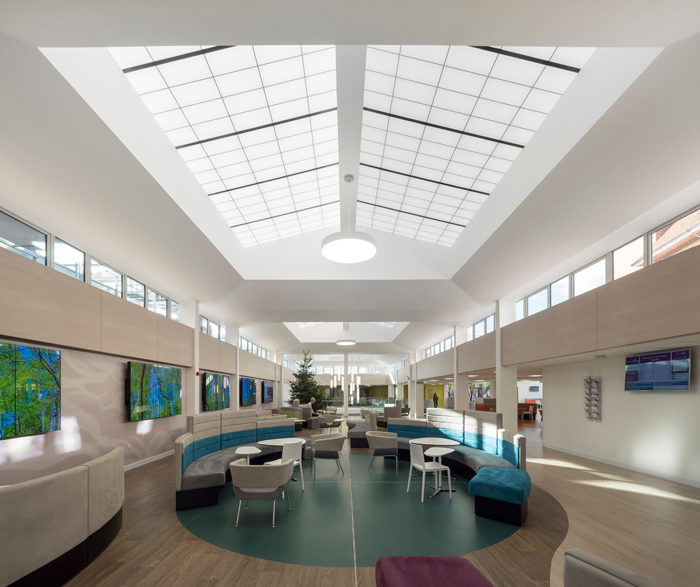
 Kalwall translucent cladding is said to be the architectural focus of the new £55 million development of Benenden Hospital in Cranbrook, Kent.
Kalwall translucent cladding is said to be the architectural focus of the new £55 million development of Benenden Hospital in Cranbrook, Kent.
The scheme, designed by architects C A Vaughan Blundell with assistance from SR Architects, has reportedly created a light and airy entrance atrium designed to welcome and create an enhanced patient and visitor experience with maximised natural daylight. The extensive breakout and catering facilities support theatres, en-suite rooms, outpatient department and ophthalmic suite along with diagnostic imaging, rest and recovery areas. The main contractor was Willmott Dixon Construction.
The Kalwall skylights are said to provide additional light in the large atrium projecting it deep into the interior. They were specified complete with highly-insulating Nanogel which achieves an impress U value of 0.28W/m2K, helping the project attain a Breeam status of ‘Good’. This is particularly impressive given the amount of curtain walling and clerestory glazing involved in the scheme.
The skylights have a unique ability to bathe interior spaces with diffused and glare-free daylight, which creates a stimulating and healthy environment. In addition, their heavily insulated composition eliminates glare and hotspots, thereby reducing the load on temperature control systems and the need for artificial lighting.
Geoff Holden, senior technician at C A Vaughan Blundell, said: “The use of Kalwall represented the best value balance of energy-saving and cost and provided us with the ideal way to achieve spatial daylighting within the requirements of Part L.”
Kalwall is said to be a popular choice for projects where performance, long lifecycle and low maintenance are required, coupled with an aesthetic finish. The aluminium or thermally-broken grid core with interlocking I-beams is said to give Kalwall incredible strength. The lightweight system reportedly reduces the need for supporting structures while offering the highest protection in terms of wind-borne debris and resistance to impact, abrasion and point loads. The exterior face is said to be colour-stable and includes a UV-resistant, self-cleaning surface. This reportedly means that normal rainfall helps to keep the surface free of dust and dirt, while at the same time retaining its original colour during the weathering process. Furthermore, the inclusion of an erosion-prevention barrier protects the interior from weather exposure and the risk of fibre-bloom, cracking and crazing.





